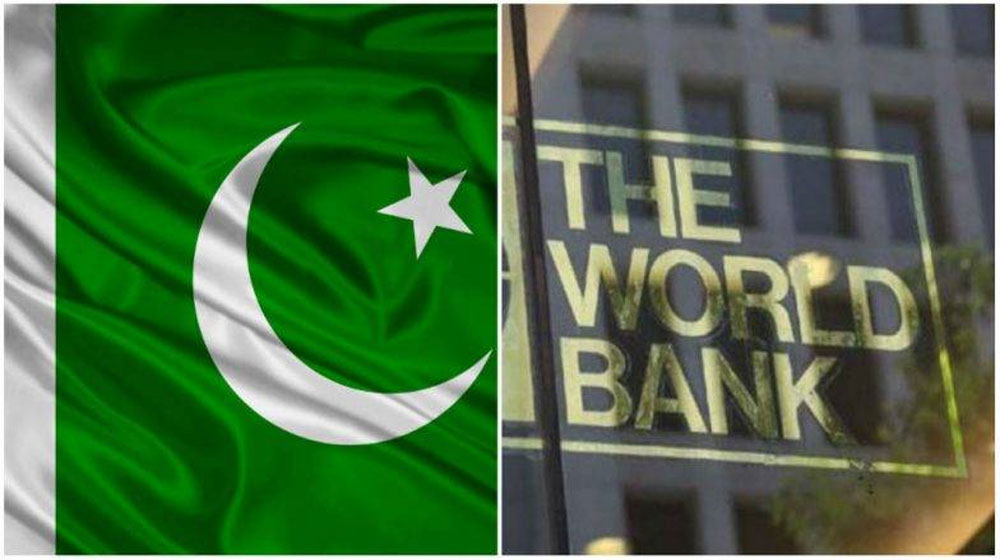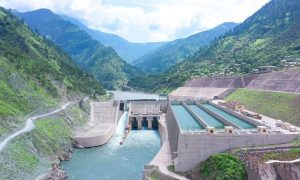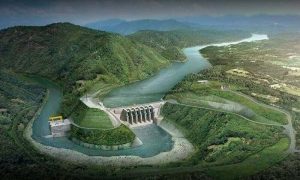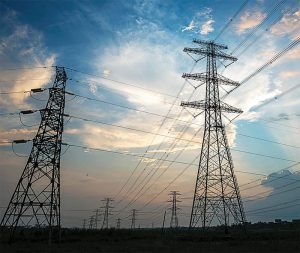The Senate Caucus for Climate Change in collaboration with Jinnah Institute organized a public hearing at Pakistan Institute of Parliamentary Services (PIPS) Islamabad. Speaking on the occasion World Bank Country Director Patchamuthu Illangovan urged the policy makers of the government to reorient water practices to cut back losses and potentially transform Pakistan into a $2 trillion economy through improved water management systems. Currently Pakistan devotes 90 percent of its water to five agricultural products such as rice, sugarcane, cotton, wheat and maize that generate less than 20 percent of the GDP.
He said that agriculture is heavily dependent on irrigation, though agriculture contributes around one-fifth of national GDP. “Pakistan cannot follow a ‘grow now and clean later strategy,”
Illangovan also presented a comparison between Pakistan and other less-developed countries that have devised better water and environmental management systems to support their economy and slow down climate change.
Adviser to Prime Minister on Climate Change Malik Amin Aslam said that politics is lagging far behind the science of climate change, which has repeatedly shown the imminent dangers of increasing global temperatures. It was agreed upon by all participants that climate change is not one person or on party’s problem. Everyone has to be united and work their part to prevent climate change.








